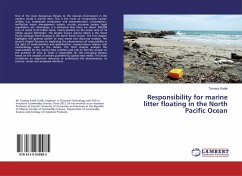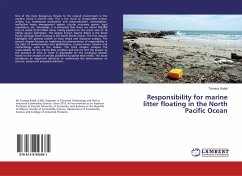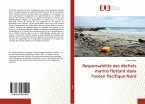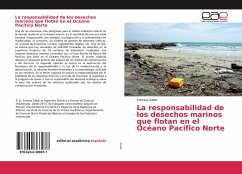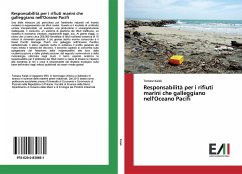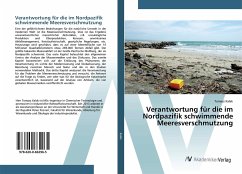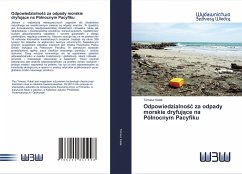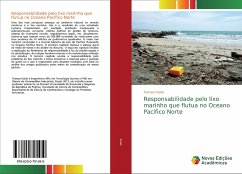One of the most dangerous threats to the natural environment in the modern world is marine litter. This is the result of irresponsible human activity, e.g. inadequate production and overproduction, consumption, ineffective waste management system, circular economy system, legal regulations, etc. Nowadays, it is estimated that there are about 269,000 tons of waste (5.25 trillion items, mainly plastics) on the ocean area of 16 million square kilometers. The largest known marine debris is the Great Pacific Garbage Patch floating in the North Pacific Ocean. The first chapter highlights the general outline of mass media and discourse analysis. The second chapter focuses on explaining the phenomenon of responsibility in the light of modernization and globalization, human-nature relation and methodology used in the studies. The third chapter analyses the responsibility for the marine litter problem and tries to find the answer to the question of who or what is responsible for the ecological disaster based on the analysis of articles published by global mass media. This book constitutes an important reference to understand the phenomenon, its sources, causes and proposed solutions.

